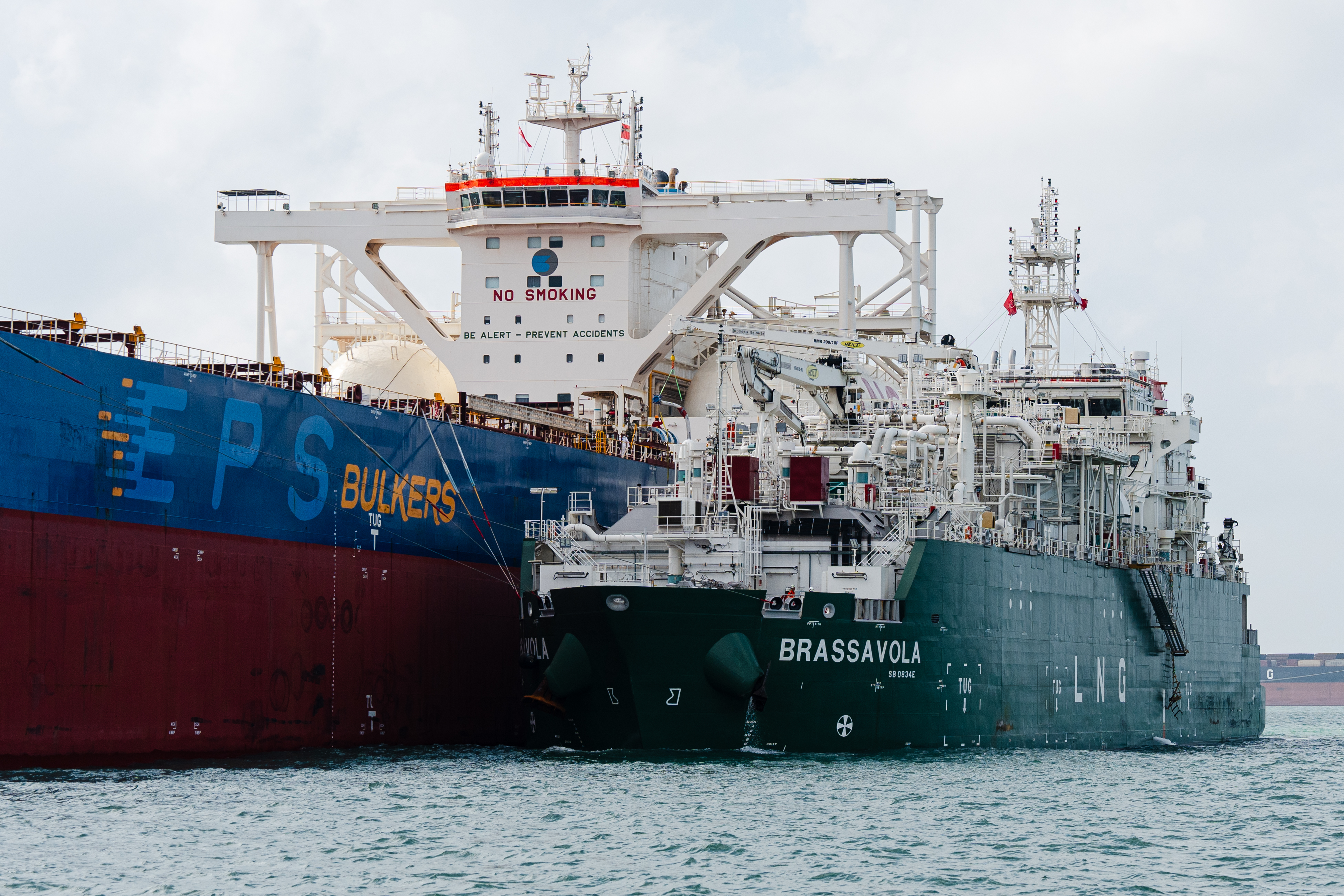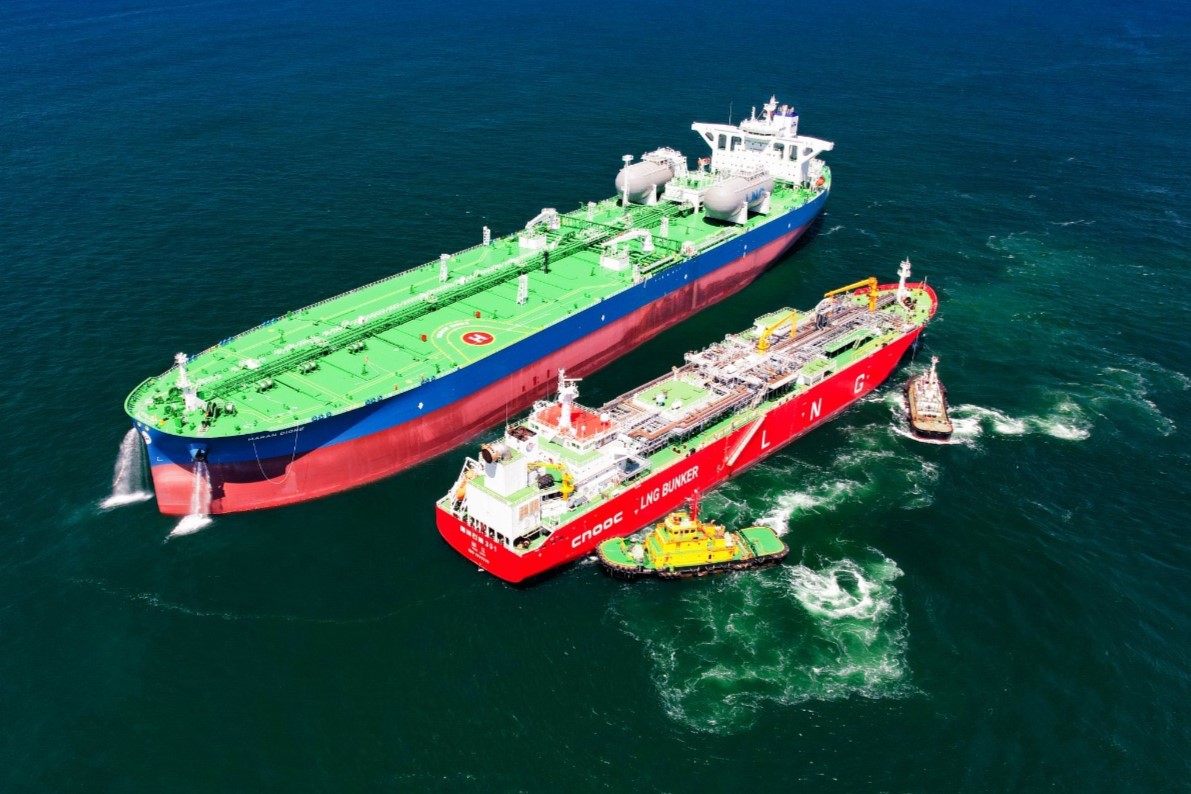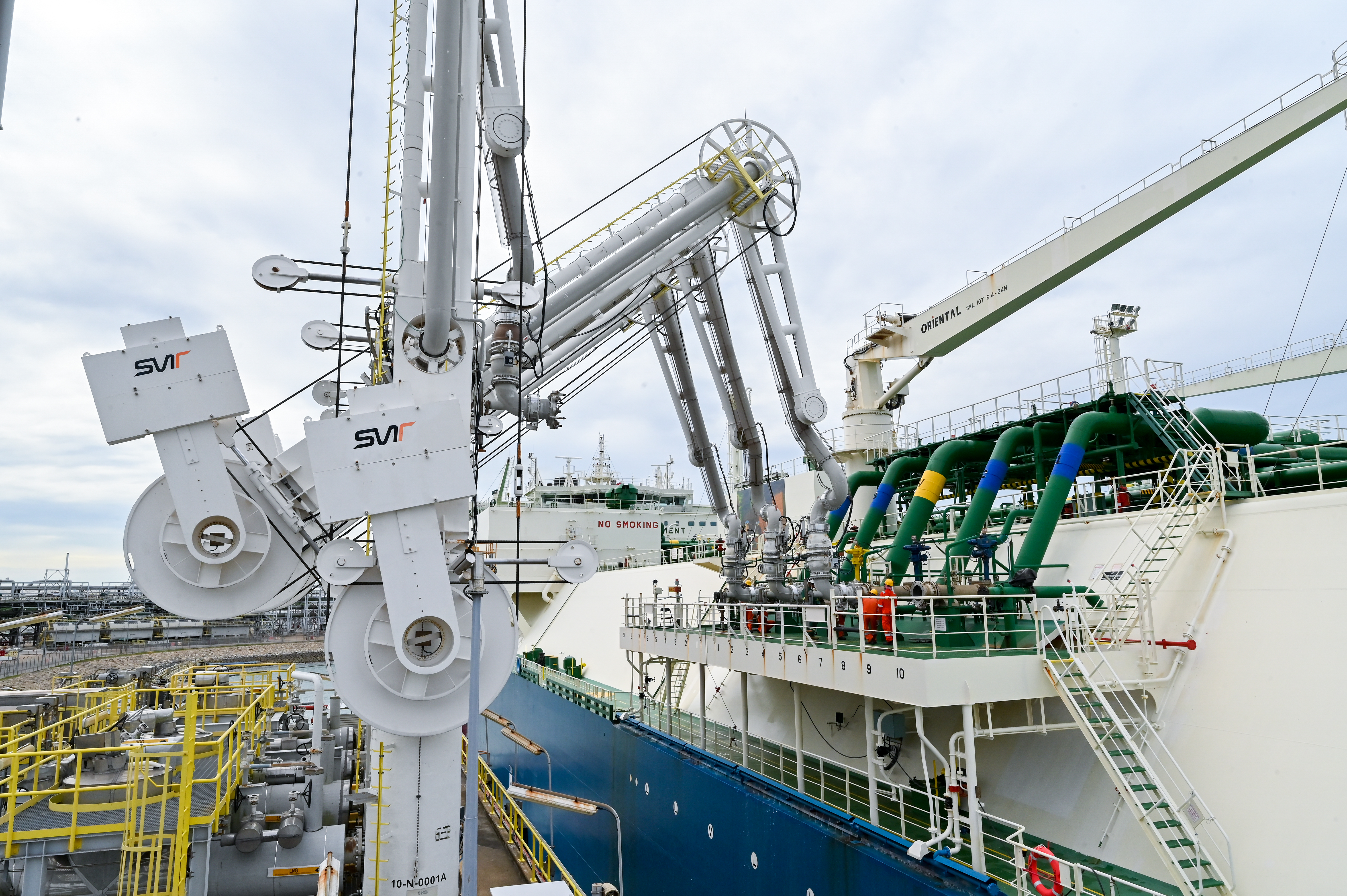Regional governments and the private sector will have to work together in order for the potential of the liquefied natural gas (LNG) market in South-east Asia to be realised, said Singapore LNG player Pavilion Energy.
Giving a keynote address at the CWC Asia Pacific conference, its chief executive, Seah Moon Ming, said that the energy industry was a capital intensive one that spans various segments of the value chain.
"It involves a variety of stakeholders across national governments, government agencies and private sectors. There is much to do to realise the potential and true success of this industry. And there are clear benefits for both the industry and region for us to work together in a collaborative and sustainable way."
The group late last month signed a memorandum of understanding (MOU) with Indonesian state-owned energy firm Pertamina to work towards exploring opportunities in regional small-scale LNG projects, joint marketing, trading, procurement and investments.
During the event, the Temasek-owned company also unveiled a partnership with ExxonMobil, which owns the largest refinery in Singapore, to develop solutions for LNG bunkering and downstream developments in the country.
"Together, we hope to embark on on a journey of learning and establishing LNG bunkering procedures starting with truck-to-ship LNG deliveries," said Mr Seah, adding that this would also help test and improve safety and operational standards for LNG bunkering in Singapore.
The Republic is the largest bunkering port in the world, and Pavilion Energy as well as a joint bid between Keppel Offshore & Marine and BG Group were awarded the two licences for LNG bunkering in Singapore in January.
Pavilion said that it was also working with local shipowners to introduce up to two LNG vessels - which can run on both LNG and conventional fuel - that will deliver conventional bunker fuels to vessels in Singapore. This effort is supported by Pavilion's partnerships with Japanese shipping companies and trading houses, said Mr Seah.
At the same event, a United States diplomat expressed support for the development of trading hubs in Asia.
"While significant progress has been made, we believe more can be done to enhance the development of trading hubs in this region," said Mary Warlick, Principal Deputy Assistant Secretary of State for the Bureau of Energy Resources, in another keynote speech.
She added: "Removing both political and technical barriers that inhibit a more regional approach to infrastructure development is critical."
To that end, the US - which is expected to become a major exporter of LNG in the next few years - is initiating engagement with Asean countries to adapt the Trans-Asean Gas Pipeline to include LNG infrastructure, she said. The Trans-Asean Gas Pipeline aims to connect the gas pipeline infrastructure of Asean countries, to support new market opportunities and increase energy security.
"We're encouraging countries to provide open access to natural gas infrastructure in order to utilise competition to drive down costs and promote growth," said Ms Warlick.
This is part of the US-Asean Connect, the new economic cooperation initiative launched by US President Barack Obama and the 10 Asean leaders in February, she told reporters after the speech. Under the energy pillar of the US-Asean Connect, the US will help in the development of the power sector in Asean with efficient and innovative technologies.
Asked whether the US would consider financial support for the Trans-Asean Gas Pipeline, Ms Warlick said that the country would identify potential commercial opportunities for US companies which can contribute to improving energy access and using cleaner energy in the region.
Meanwhile, the LNG community in Singapore has grown to include more than 35 global companies with either a trading or business development presence, said IE Singapore.
Companies such as China International United Petroleum and Chemicals Company (Unipec), the trading arm of China's state-run oil company Sinopec, and Spanish utility Gas Natural Fenosa are also expanding their LNG business in Singapore significantly, IE CEO's Lee Ark Boon said.






